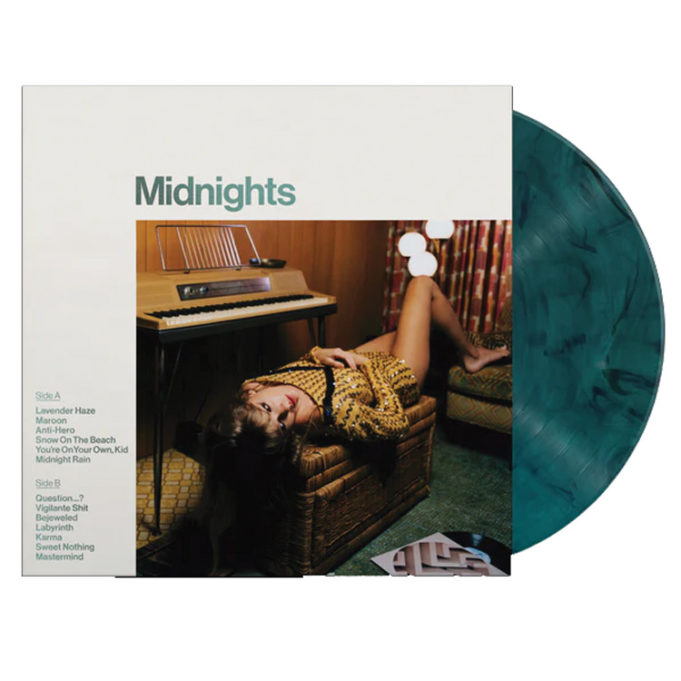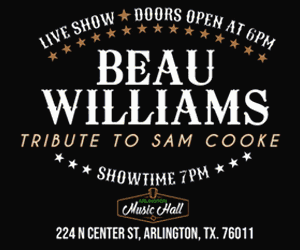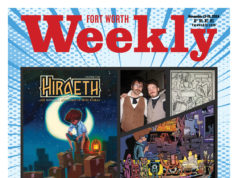Let me level with y’all for a second. I really like Taylor Swift.
Now, I’m no Swiftie. I can’t rattle off T-Swift trivia instantly. If I’m having a bad day, it’s not one of her albums I pull up on my phone. Excluding the time I saw her open for a band during her country era 15 years ago, I haven’t seen her in concert.
And yet I have absorbed her music through some sort of culture osmosis. I could sing most of the words to at least a dozen of her songs. I think many of them fall into the category of Very Good, masterful even. I don’t know what else to tell you. I like the lady’s music.
But would you believe there’s a certain — let’s say, “hipsterish” — segment of the populace who just don’t get it? My editor, who has heard her music only accidentally and grudgingly, even wondered allowed recently, “How does she keep managing to make people — and the media — interested in her every new release?”
My affinity for her puts me in the majority. The awards don’t lie. She has 68 Billboard Hot 100 chart entries, and her shelves are lined with 11 Grammys. From her very long career, she is now worth $570 million, according to Forbes. On Oct. 21, she will release her latest album, Midnights, which is sure to bring her more acclaim and more money.
So, what’s the big ado over Taylor all about?
Let’s consider the facts. Taylor Swift grew up wealthy. Her dad bought a 3% stake in the record company that signed his teenage daughter. She has blonde hair, blue eyes, a winning smile, and a squeaky clean “America’s Sweetheart” kind of image. And by conventional standards, she’s beautiful — like, really beautiful. She has a penchant for penning catchy lines. A pretty, rich, nice white lady meeting success every step of the way? The masses favoring mediocrity over nuance? Well, that’s a pretty classic American story.
And there we have it. Mystery solved. But that leaves some stuff out. And though I love to pile on popular things as much as anyone else, nothing makes me want to slam my head through a wall faster than the harebrained idea that “popular” and “good” are mutually exclusive.
Taylor Swift is exceedingly ambitious and talented and has made a career out of tapping into the experience of being a young woman with all the messiness and heartache and triumph and, yes, cringe that go with it. From her teen years in country, she has developed a reputation as a solid songwriter with lyrics that hit that sweet spot between personal and evocative. Have I ever been a lovestruck teen in the Deep South slow dancing in the moonlight with a “boy in a Chevy truck / That had a tendency of gettin’ stuck / On backroads at night”? Well, no. But listening to her first hit “Tim McGraw” makes me feel like I could have been.
For much of her career, she used that songwriting prowess to pen pop anthems with dangerously catchy lines. Despite not having listened to the song in years, and never really liking it, the chorus to the 2012 hit “We Are Never Ever Getting Back Together” still resides in my soul, where it probably will remain until I take my last breath.
Like them or leave them, 1989 and Lover (both co-produced by longtime collaborator and hit machine Jack Antonoff) are both big, slick albums that have cemented Swift’s reign as a pop giant. The woman can write. Though she focuses almost exclusively on romantic love, she sometimes throws in some songs about family or friendship or growing pains.
In 2020, Swift made a departure from her pop image to collaborate with indie darling Aaron Dessner from The National to make Folklore, a stripped-down set of songs just as catchy as her previous material but with a more rustic, woodsy backbone. On this album, she croons lines like, “All these people think love’s for show / But I would die for you in secret” and “And when I felt like I was an old cardigan / Under someone’s bed / You put me on and said I was your favorite.” Simple stuff but clever. Saccharine? Maybe, but heartfelt.
Switching genres like she has, going from country to pop to indie, and dominating in each, is an unparalleled achievement. Throughout all of her iterations, she has written almost exclusively about her experience as a woman. Her tendency toward personal, confessional-style lyrics makes her mostly female fans feel understood in a pretty personal kind of way.
I can guarantee you when Midnights drops, I will download it on Spotify and have an evening of emotional catharsis too embarrassing to elaborate upon any further.
Now, is her music surface-level? Sure. Is that catchiness, that permanence in our collective unconscious, annoying? Well, yes. Do I think Taylor Swift herself is possibly a bad person, based upon her wild amounts of wealth and privilege? Yeah, maybe. And you know what I have to say to that?
So what. Life is short, and if Swift’s brand of simple stories and catchy hooks makes songs that allow me and millions of others to come together and feel something in our jaded little hearts, then the rest is just details.












